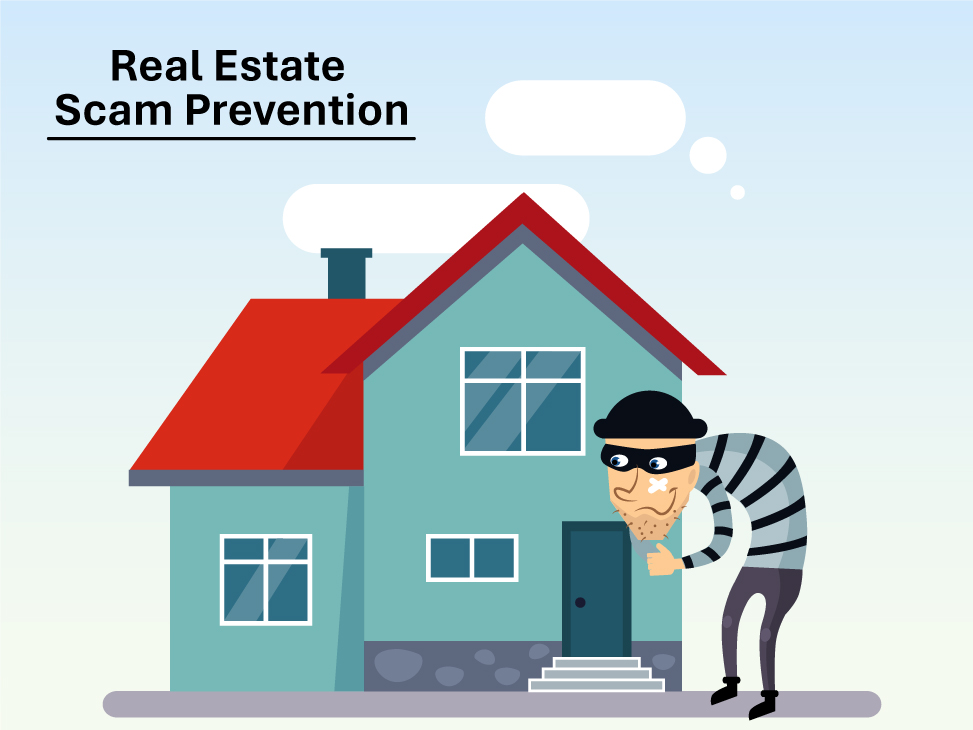In the complex world of real estate, where substantial financial investments and personal aspirations intersect, the integrity of professionals in the field is paramount. However, when allegations of fraud surface against a real estate agent or broker, the implications extend far beyond the individual involved. Such charges can tarnish reputations, disrupt transactions, and erode consumer trust in the broader real estate market. Understanding the ramifications of these charges is essential for prospective buyers, sellers, and industry stakeholders alike. This article delves into the multifaceted consequences that arise when a real estate professional faces fraud allegations, exploring the legal implications, potential penalties, and impact on clients and the industry as a whole. We will examine the investigative processes undertaken by regulatory bodies, the role of legal counsel, and the measures that can be taken to protect consumers. Furthermore, we will highlight the importance of due diligence and vigilance in ensuring ethical practices within the real estate realm. By shedding light on this critical issue, we aim to equip readers with the knowledge necessary to navigate the complexities of real estate transactions while fostering a more transparent and trustworthy market.
– Understanding the implications of fraud charges.
Fraud charges against a real estate professional can have serious repercussions that extend far beyond immediate legal consequences. The professional’s reputation may suffer irreparable damage, leading to a loss of trust among clients, colleagues, and the broader community. This erosion of credibility can result in decreased business opportunities, as potential clients may be reluctant to engage with someone associated with fraudulent activity. Furthermore, the legal ramifications can involve hefty fines, restitution, or even imprisonment, depending on the severity of the charges.
In addition to personal and financial consequences, a real estate professional charged with fraud may face disciplinary actions from regulatory bodies, which could include suspension or revocation of licenses. This not only impacts their ability to practice in the industry but also affects any affiliated entities, such as real estate firms or partnerships. The ripple effects of such charges can lead to a broader scrutiny of business practices within their organization, prompting a need for enhanced compliance measures to restore confidence and ensure lawful conduct moving forward.
– Legal consequences for real estate professionals.
The fallout from fraud allegations can lead to extensive legal proceedings, including civil lawsuits from affected parties seeking damages. A real estate professional charged with fraud may face significant legal costs in their defense, which can further strain their financial situation. Additionally, if found guilty, they may be subjected to court-ordered penalties and restitution payments, compounding the financial burden and potentially leading to bankruptcy.
Moreover, the implications extend to the broader real estate market, as fraudulent acts can undermine public confidence. Increased scrutiny from regulatory agencies may result in heightened oversight and stricter compliance requirements for real estate professionals, creating a more challenging environment for those attempting to rebuild their careers. Ultimately, the consequences of fraud extend beyond individual practitioners, impacting clients and the integrity of the real estate industry as a whole.
– Steps for recovery and reputation management.
Effective recovery and reputation management are crucial for a real estate professional charged with fraud seeking to restore their standing in the industry. The first step involves engaging with legal counsel to navigate the complexities of the allegations and develop a robust defense strategy. This is essential not only for addressing the immediate legal challenges but also for laying the groundwork for rebuilding trust with clients and the broader community. Transparency is vital; openly communicating with stakeholders about the situation and demonstrating a commitment to ethical practices can help in regaining credibility.
Following legal resolution, the focus should shift to proactive reputation management strategies. This includes crafting a positive narrative through strategic public relations efforts, such as highlighting community involvement, ethical practices, and successful transactions post-allegation. Pursuing certifications or additional training can further demonstrate a commitment to professionalism and integrity. Engaging with clients through transparent communication and exceptional service can cultivate lasting relationships, ultimately assisting in restoring a tarnished reputation and reintegrating into the real estate market.
In conclusion, the implications of fraud charges against a real estate professional extend far beyond individual reputations; they reverberate throughout the industry and impact clients, investors, and the broader market. As regulatory bodies tighten oversight and enforce stricter compliance measures, it becomes increasingly imperative for real estate professionals to uphold ethical standards and maintain transparency in their dealings. The potential consequences—ranging from legal repercussions to loss of licensure—serve as a stark reminder of the importance of integrity in fostering trust within the real estate community. Ultimately, addressing fraudulent behavior not only protects the interests of consumers but also strengthens the foundation of an industry reliant on trust and accountability.






Leave a Reply